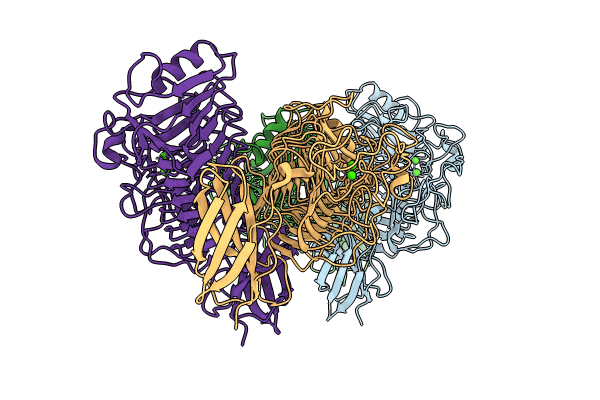
Deposition Date
2023-10-02
Release Date
2024-10-02
Last Version Date
2025-04-16
Entry Detail
Biological Source:
Source Organism(s):
Acinetobacter pittii PHEA-2 (Taxon ID: 871585)
Expression System(s):
Method Details:
Experimental Method:
Resolution:
2.74 Å
R-Value Free:
0.25
R-Value Work:
0.22
R-Value Observed:
0.22
Space Group:
P 21 21 2


